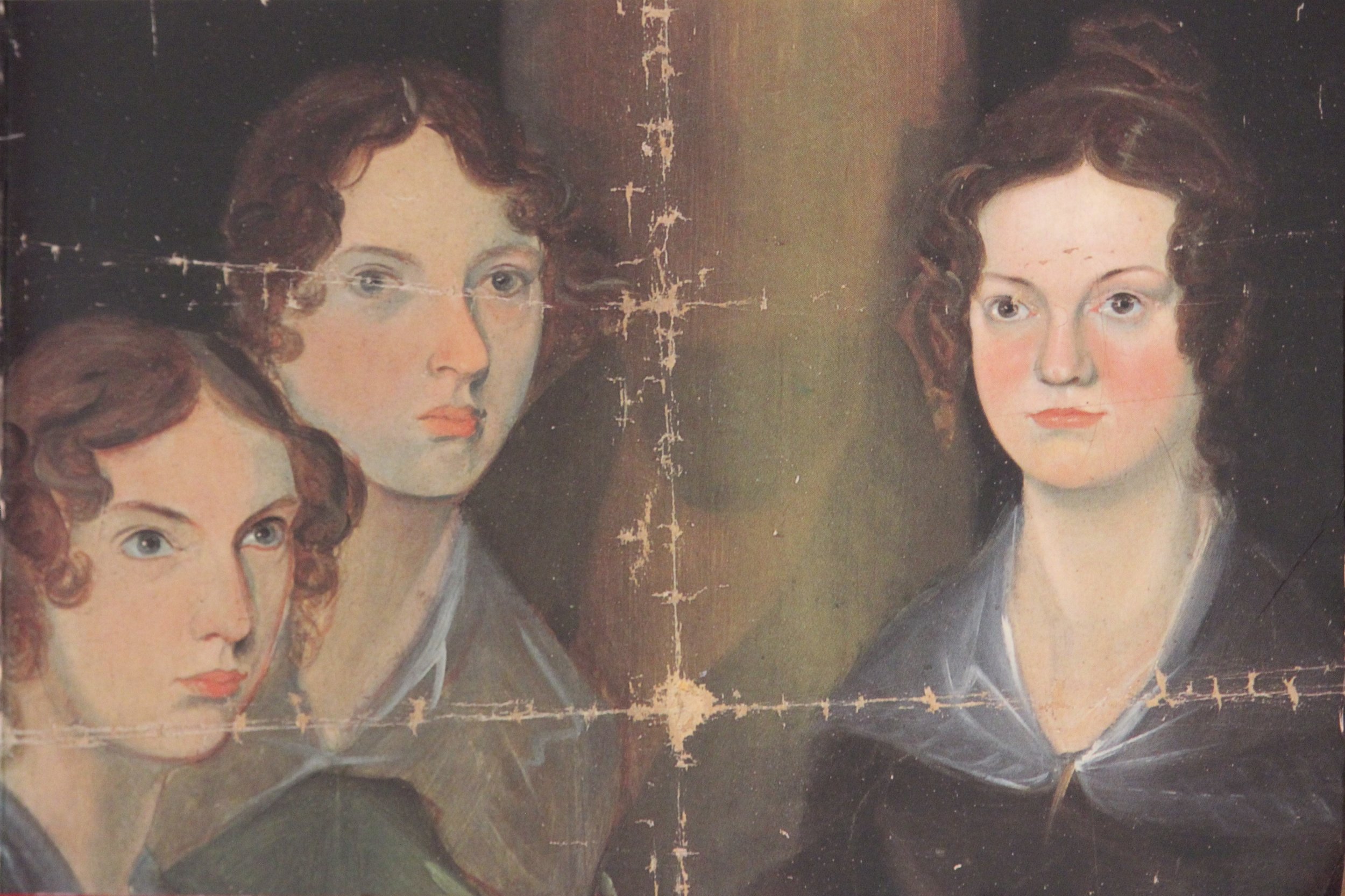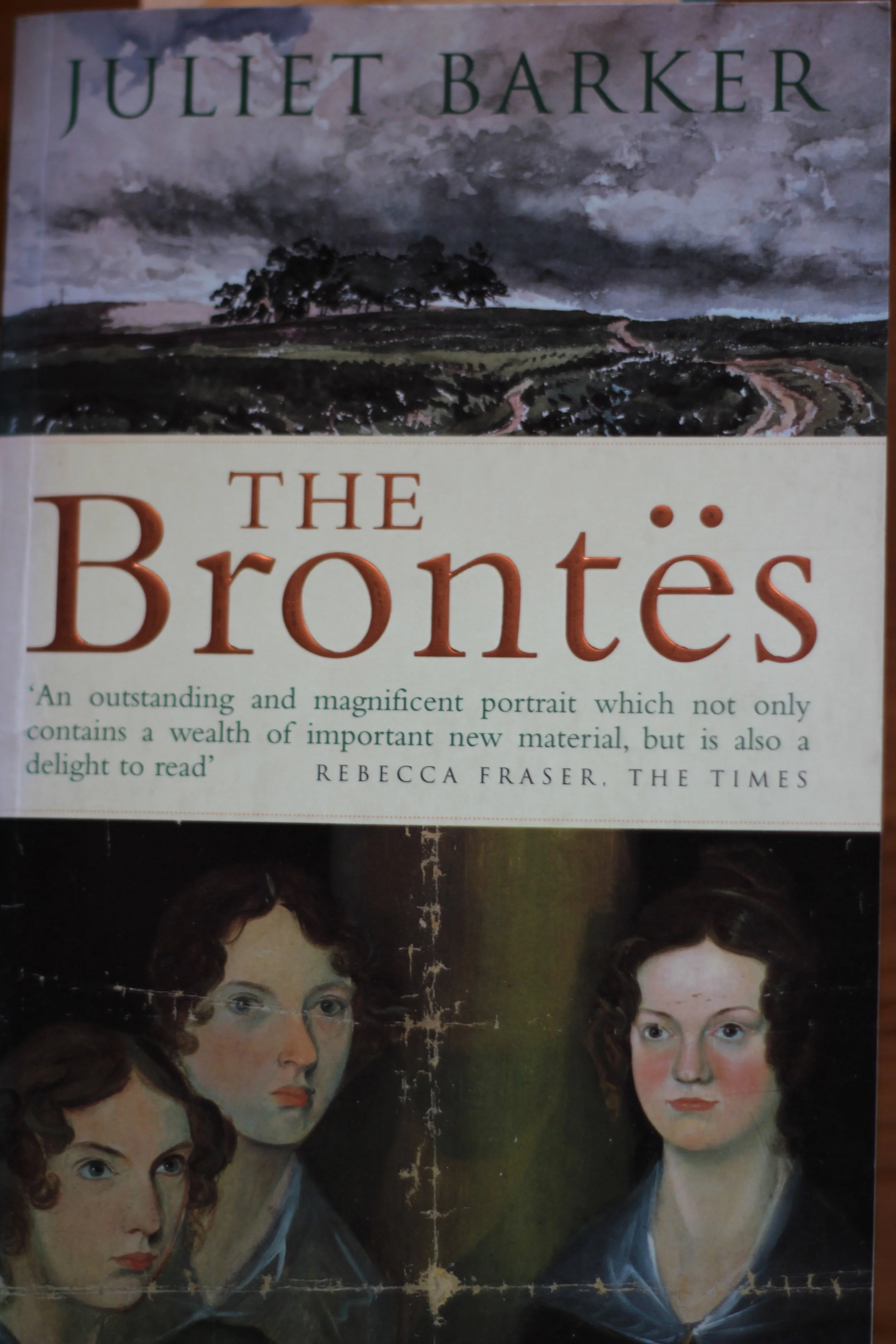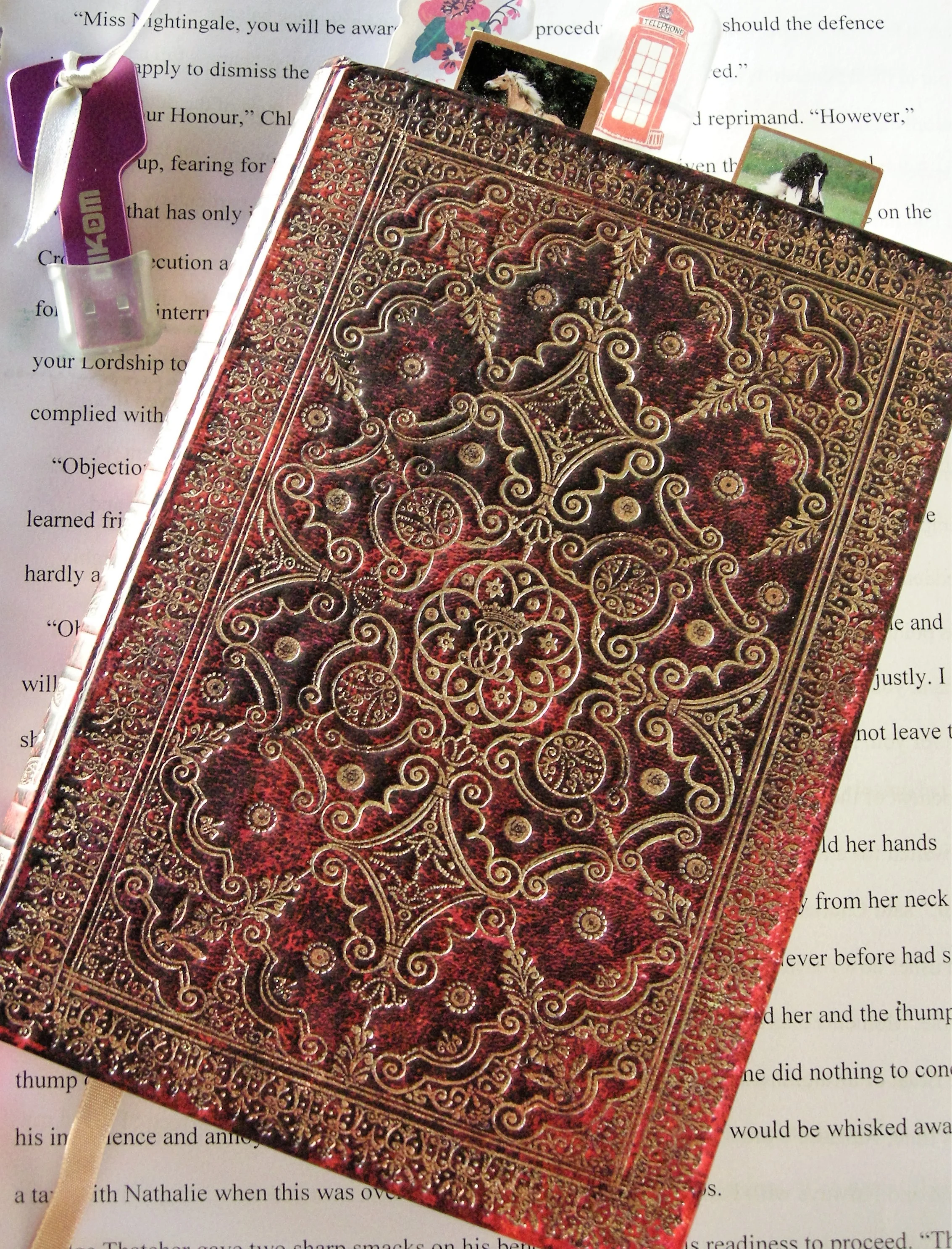Why I use a pen name
The amazing things I discovered by choosing to use a pseudonym
I have a confession to make.
Ally Preece is not my real name. It is my pen name, to which I have grown deeply attached.
This is an admission that I shy from making, even so early in my career as a fiction author.
Partly because there is no doubt in my mind that I am Ally Preece, just as I boldly declare on the Welcome page of my author’s website! In fact, Ally is a vital and thriving part of me. And partly because I don’t want to disappoint any reader who might feel misled.
So I’m a people pleaser. And there you have it: whatever I say, it reveals a lot about me. And this is a daunting aspect of being an author. Publication implies going public. And yet…
“Privacy is as important to me and to many fellow writers as the air we breathe.”
A pen name is a good way to reconcile both public and private.
And anyway, as Shakespeare put it (but was that his real name?) ...
What’s in a name?
A rose by any other name would smell as sweet
The mysterious case of Elena Ferrante
I wonder what you thought of the ‘outing’ of Elena Ferrante? Announced and received with a sense of glee by some – how on earth did she think she was going to get away with it in this day and age? – I felt nothing but sympathy for her, as did many.
I reflected on Elena’s case and it is one of the reasons why I’m writing this post. And why I’m publishing it so early in my fiction career – to be precise, before I have actually brought out any novels. At a time when nobody could care less. True, if you are one of a few dear friends and family members who may be wondering what on earth Alison – aka Ally – is up to, then I hope this will satisfy your curiosity, too.
Forgive my presumption, I am completely unknown, but I do not want to get myself into a tangle at some future date the way poor Elena did.
The problem seems to have been that she turned her identity into a mystery. Once she had achieved success as an author, the quest to discover who she ‘really’ was, was apparently bound to whet the appetites of the media.
Frankly, this is something I don’t really get. Why should writers – as opposed to their books – be of such interest to the media? An Italian journalist found confirmation of his suspicion, it seems, by rummaging through discarded papers. Hardly a very edifying quest.
Leaving aside the question of legal rights, I do believe in our personal right to preserve a private side to ourselves. And I think that each of us should be able to set the boundaries. (Politicians are an exception in a class of their own.) Part of the problem, of course, is the instant worldwide diffusion of information today. Once an item is out, it is out there for all to see. And there is no stopping it.
‘Writers should be robust and accept that anonymity is unrealistic in the modern age, leading authors have warned after the unmasking of a bestselling novelist led to a backlash.’
Thus opens The Times article on the Elena Ferrante case: War of words after novelist's true identity is exposed.
Award-winning author Rose Tremain thinks writers need to be ‘a bit robust about comeback’, while Lionel Shriver found Ferrante’s desire to remain invisible ‘downright refreshing’.
Let’s face it, so many people seek celebrity status in modern society for its own sake, yet possess no discernible reason for their claim to fame.
There are several good reasons why you should use a pseudonym
Ally Preece is the name I have thoughtfully chosen to reflect who I am when I’m not being Mum; when I’m not being wife, daughter, sister, friend or auntie Ali; when I’m not being prosaic teacher Mrs Riley; when I’m not being a translator or a textbook author; when I’m simply being me on my writer’s journey.
Portrait of Ally Preece by Sal Alexander
My pen name helps me to shake off the social straitjacket that encases Alison the teacher. As Ally, I’m free to say what I think, to write what I believe, to express what I feel, to invent my own world and people it with characters of my imagination. It is a freeing experience, but also a daunting one. As Ally, I’m working hard, making progress and following my long-held writer’s dream.
It’s a voyage of learning, experimenting, discovery and self-expression. I want to spin a tale where everything is make-believe except the love, the pain, the fear, the suffering, the joy. Because I know they are real.
“It is feeling that transmits its truth down the ages.”
In her article, Not I? in the Spring edition of The Author, Amanda Craig notes a disconcerting trend to identify every attitude, prejudice and even conduct of fictional characters with the author himself, by interpreting every story as autobiography. What a limitation that would be on the roaming imaginations of writers! She decries the demands of publishers’ marketing departments for authors to perform ‘spiritual striptease’.
A pen name can create a buffer.
It’s also a respectable literary tradition.
Why I chose my pen name
Ally is a variation of my own name, used in my family since I was a child. And my chosen surname is Preece, a family name very dear to my heart. Grandfather Ben Preece served in the medical corps during the First World War; he was a man of peace and principle, a clergyman and a writer. Out of discretion, he used his own nom de plume – Craven West – enabling him to write freely on diverse subjects. And so the wheel turns.
There is nothing at all wrong with being called Riley (hi, Dad!). But there are rather a lot of Rileys in the world, including plenty of novelists of romance and mystery. So I’ve tried to create a pseudonym that is both personally meaningful and a little distinctive.
Sorry, but I’m ‘averse to personal publicity’
Thankfully, as a child of modern-day Western democracy, I don’t need to resort to the subterfuge of three of my favourite English writers in the first half of the nineteenth century:
“Averse to personal publicity, we veiled our own names under those of Currer, Ellis, and Acton Bell; the ambiguous choice being dictated by a sort of conscientious scruple at assuming Christian names positively masculine while we did not like to declare ourselves women, because … we had a vague impression that authoresses are liable to be looked on with prejudice; we had noticed how critics sometimes use for their chastisement the weapon of personality, and for their reward, a flattery which is not true praise.”
(From Charlotte Brontë’s Biographical Notice in Juliet Barker’s The Brontës)
Portrait of the Brontë sisters, Anne, Emily & Charlotte, by their brother Branwell, on the cover of Juliet Barker'sThe Brontës(original in the National Portrait Gallery, London)
In those days – whether the reviews were good or bad – a woman could not win. The three sisters, Charlotte, Emily and Anne Brontë, published their extraordinary novels, from Jane Eyre to Wuthering Heights to The Tenant of Wildfell Hall under their cleverly concocted pen names. Emily and Anne had insisted their true identity must remain secret.
While agreeing at first, it seems Charlotte later regretted that she could not take her place in society as a literary figure and mix with her peers. But she must have been in two minds, since she wrote to her publisher on the day her second novel was published in 1849:-
“I think if a good fairy were to offer me the choice of a gift, I would say - grant me the power to walk invisible.”
Reviewers harshly criticized Shirley, and also claimed it ‘proved’ that Currer Bell was a woman. As one critic declared, ‘she knows women by their brains and hearts, men by their foreheads and chests.’ Now why should that be a bad thing?
I find Charlotte’s phrase ‘averse to personal publicity’ beautifully discreet and reasonable. Wouldn’t it be civilized today if like-minded authors could join a club and ward off unwanted prying into their personal lives by printing simple allegiance to this principle on the back covers of their books?
After the tragic deaths of Anne and Emily, Charlotte gently revealed her identity as Currer Bell to a chosen few. It was actually Charlotte’s hero, William Thackeray, who indiscreetly spread the word after they were introduced at a dinner party in London at the end of 1849.
Juliet Barker's biography, The Brontës
Credit to Juliet Barker for all these gems in her beautifully written and richly sourced biography, The Brontës. A masterpiece.
How can a writer adopt a pen name?
While I was puzzling over my choice of pen name, I sought advice from the Society of Authors. I am a member of this British trade union for writers, illustrators and literary translators and can personally endorse the Society for its excellent services, including unlimited free advice and contractual clause vetting for members.
In reply to my query, Bryony Hall, The Society's Contracts Advisor, assured me that there are no particular formalities when using a pseudonym. You can simply begin to use it on your blog, etc.
But all contracts and financial arrangements will be in your real name, so you should use that when dealing with agents and publishers and can clarify by adding ‘writing as + pseudonym’.
The Society of Authors’ journal The Author
One proviso: you should check that your chosen pen name does not belong to anybody famous so that you do not risk ‘passing off’ – a civil wrong where you mislead the public that your products, business etc are those of another. Donald Trump would be a name to avoid, as would Donald Duck. That’s a trademark of Disney Enterprises, Inc.
I am not a legal advisor and suggest you take updated, individual advice in your own country. I was pleasantly surprised at how easy it is.
But the steepest learning curve is technological
Today, a writer is told that if she has any serious aspirations, she must build a platform. She must grow a tribe of readers who will virtually encourage her and lend her both moral and practical support along the way. She will need a phalanx of beta-readers, Amazon reviewers and Facebook friends. She must have her own website and write a blog.
I resisted this idea when I first became serious about my writing. I didn’t start any of it before I had finished the Herculean task of completing my first novel (because that is the really hard bit, it’s easy to lose sight of this). I’ve discovered I was missing out on a lot of fun!
You see, the steepest learning curve is technological. And this is where the creation of Ally – someone who doesn’t share Alison’s self-limiting beliefs – has allowed me to learn and grow in unexpected ways.
In our family, only our dog was less adept at technology than me, even when our children were at an early age. I could write a book on WordPerfect in the Eighties, yes, which was pretty cool, but at some point, the multiple pressures of work and motherhood, plus a lack of natural fascination for ‘how things work’ (I don’t usually care, as long as they do) meant I trailed behind.
Now, thanks to Ally – my brave alter ego – I’m catching up with a vengeance.
I’ve overcome my former phobia of technology, have learnt from courses on Lynda.com and videos on Squarespace how to set up a website, open a blog and – the latest conquest – use an email service provider to build a subscriber list. It’s taking lashings of time and effort and has nothing to do with writing. But again, it’s fun. A new world has opened up. One where I can communicate with you. And you with me.
(This means, by the way, that if you haven’t already done so, you may now subscribe to my newsletter and I would be honoured to send you a special gift, my Dreamcraft worksheet to help you pursue a dream of your own.)
For Ally is better able to overcome technological hurdles than Alison is; she is more willing to join social media. Hence my website, hence my blog, hence my smiling headshot (thanks, Sal Alexander!). Hence my Instagram account, where I enjoy the fun and buzz of sharing beautiful or quirky photos with complete strangers, some of whom are becoming friends. Virtual friends.
And to think I didn’t use to get any of that! It doesn’t mean that you’re going to see me on Facebook any time soon. But it’s progress.
A nom de plume for you?
If you’re a fellow writer at the start of your career, I hope these musings will help you to consider – one way or the other – whether a nom de plume could help you on your writer’s way.
And if you do decide to adopt a pseudonym, one of the early steps to take is to buy a domain name for your author website, because you’re going to need one. I bought my domain name on GoDaddy.com for a couple of dollars a month.
By doing this, you secure your name – in my case www.allypreece.com – so that nobody else can use it. Your domain name will clearly identify the site where you will write your blog, showcase your writing, advertise your books and start growing your tribe.
The only problem is, will you still have time to write your books?! You’ll just have to try.
A great resource and inspiration for writers is the Australian Writers Centre podcast, So You Want To Be a Writer. Listen to Episode 180 for more ideas on How to choose and set up a pen name. Good friends Valerie Khoo and Allison Tait have an amusing and informative chat every week, with great author interviews and loads of helpful and practical advice for writers at every stage of their careers.
And do we love them any less?
I’ve put a book on my wish list that I came across while researching this post: Nom de Plume: A (Secret) History of Pseudonyms, by Carmela Ciuraru. Her article in the Huffington Post, 9 Reasons Why You Should Use A Pseudonym gives a foretaste of the fascinating and very diverse reasons why much-loved authors from Lewis Carrol to George Orwell decided to use a pen name.
And do we love them any less for that?
Why would we?
“It’s good writing that captivates readers, not a writer’s name, face, sex or social background.”
Good luck in your endeavours, fellow writers!
And to all of you who are passionate readers, thank you! None of this effort would be so rewarding without you.
So keep calm and carry on reading and writing!
What do you think about the use of a pen name? Is it a deceitful artifice or a useful remedy?
Contact me to let me know your thoughts.
And thank you for reading this!
And remember, if you're passionate about reading and writing, subscribe to my newsletter! I'll welcome you by sending you a special gift, my Dreamcraft worksheet 1 - Getting going, to help you pursue a dream of your own..
All the best,
Ally
Copyright © 2017, Ally Preece
Some sources referenced in this article:
- Not I? by Amanda Craig, on why fiction is not autobiography, in The Author, Spring 2017 Vol CXXVIII No.1 (Journal of the Society of Authors)
- The Times, 4 October 2016, War of words after novelist's true identity is exposed, by Jack Malvern & Tom Kington
- Juliet Barker's biography, The Brontës
- Huffington Post article by Carmela Ciuraru, 9 Reasons Why You Should Use A Pseudonym.







